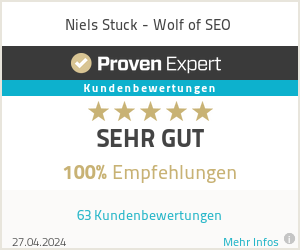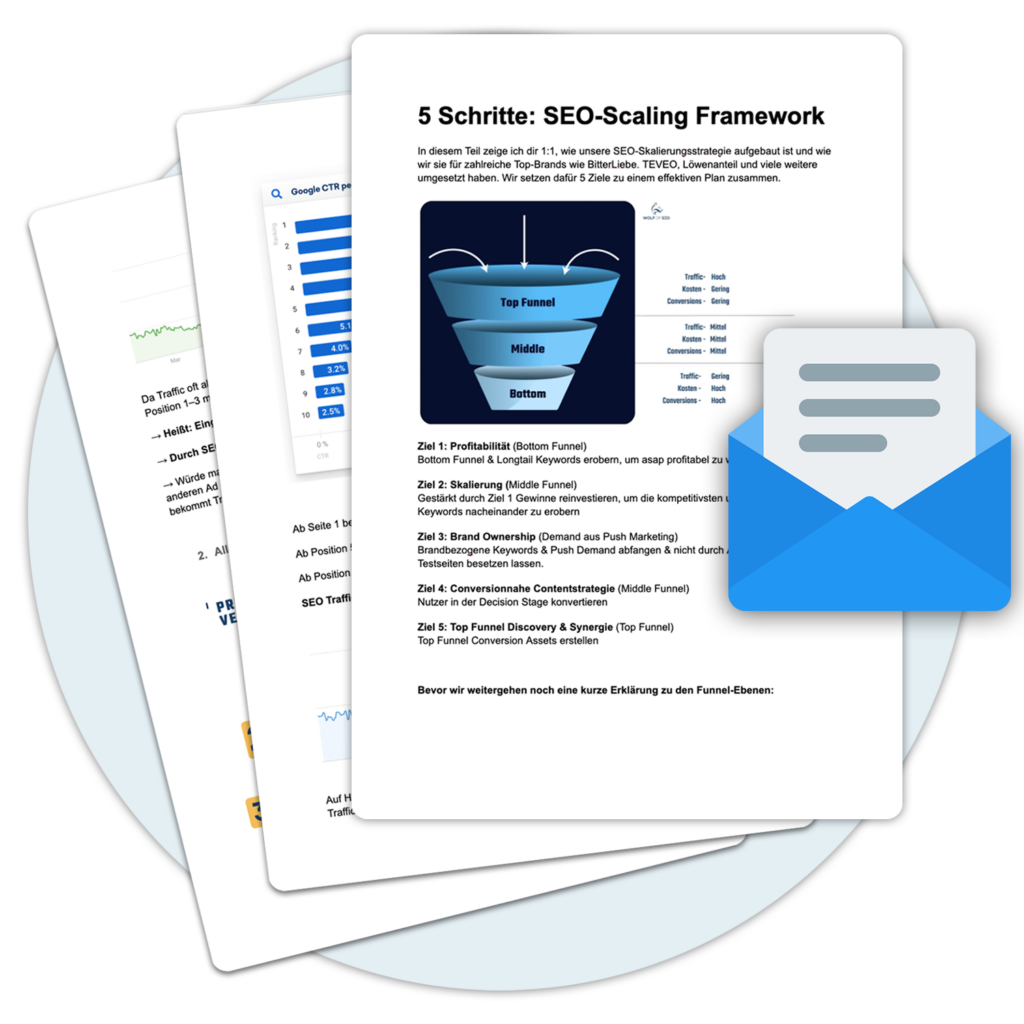
What are Web Directories?
Lange, bevor Google, Bing und andere Suchmaschinen auftauchten, wurden Webverzeichnisse entwickelt, um Menschen zu helfen, leichter Informationen im Web zu finden. Ab Anfang der frühen bis Mitte der 90er Jahre wuchs die Popularität von Webverzeichnissen rasant an, was zu frühen Pionieren führte, darunter Yahoo! Directory und das Mozilla Directory (DMOZ). But soon companies like Google emerged to offer people an automated way to search the rapidly expanding company. The rapidly expanding company, which ultimately led to a decline in popularity.
However, for years, directories have been used by many in the SEO and Online Marketing-world as a way to find and share content. Backlinks and authority for websites. Until 2007, there were still many high-quality directories that could be used both for a fee and for free. But soon Google began penalizing mass directories that had grown in the thousands, as many offered little value to users and mostly served as link building systems. And quickly we saw a fairly rapid transition away from the use of directories by many in the SEO space as they were wary of the Google penalty risk associated with them.
How are directories bad for SEO and which web directories should be avoided?
Back in the days when directories were largely considered a reliable way to build Backlinks to websites, it was common to submit a website to many different directories for inclusion in specific categories for a particular industry. But as the trend gained momentum, you saw many thousands of "fly-by-night" directories (like Matt Cutts of Google likes to call them) that popped up to offer their services, usually for a fee.
Many of these directories were automated sites (as opposed to the carefully edited ones of the past) designed to make a quick buck and not necessarily help people connect with the content they needed. In addition to these schemes, you also had cheap SEO services offering to submit in bulk to hundreds or thousands of directories without bothering to submit to quality and appropriate directories while promising a higher page rank in search engines.
So, what types of directories should you avoid these days? Here are some characteristics of bad directories:
- Das Verzeichnis akzeptiert alle Links oder besagt einfach nur „submit your URL" - If a directory accepts all or the majority of submitted links, this should be a warning that the site was likely created for the sole purpose of link building and carries no SEO weight and could be problematic.
- Keyword-anchored links - Wenn die Website Schlüsselwort-verankerte Links zulässt, ist dies ein Zeichen dafür, dass Google sie als unsichere Quelle für Links betrachtet, selbst wenn Ihr Link als URL aufgeführt wäre.
- The name of the directory indicates that it was created for links -. Stay away from these obvious schemes, as well as those that have already been banned by Google but may still be functional.
- The directory advertises a high PageRank (PR) - This is a clear red flag that the page was created only for links and is not useful for humans.
Are web directories still a worthwhile SEO measure?
Now that we know what to avoid with directories, the question remains: are there any directories still worth the effort? While some may argue that links from a directory are unnatural by definition because they are self-created, Google still seems to deem a handful of directories acceptable. By sticking to the few that are still considered trustworthy and competent, many in the SEO community still believe that you are getting "high quality" links.Link Juice" to your website and can help improve your rankings. Of the few remaining quality directories, here are some of the most important (that aren't necessarily niche or industry specific) that are still considered reputable and have SEO importance:
- YellowPages
- DMOZTools
- BlogCloud
- (more to follow...)
Now these are more general directories, as opposed to local directories or niche directories that most SEO professionals find useful.
How much do backlinks from web directories bring me nowadays??
Links from these Web Directories are still important for SEO, because they come from a reputable source, they are not easy to obtain and because there is still a significant volume of traffic through you. So, what parameters should you think about when considering a directory?
- Relevance for your company - You should make sure that both the directory and the category in which you are listed are relevant to your business. In some cases, local directories or industry-specific niche directories may be more useful.
- Does the directory check the entries? - Directories that URL-Einreichungen überprüfen und bearbeiten, gelten als qualitativ hochwertiger und lohnender, auch wenn es länger dauern kann, sie zu bearbeiten.
- Frequently updated - Another good sign that a directory is well maintained and not a link exchange scheme is that it is frequently updated and revised.
The Web Directories have evolved dramatically over the years, and while their usefulness has declined, there are still a few that can be useful for SEO. By avoiding the link slingers that offer little to no SEO value, you can save yourself a lot of time and headaches. Submitting to the few remaining reputable ones and the ones that are most relevant to your business and industry can still prove useful in helping people find your website and your Ranking Improve. The key, as with most strategies, is not to put all your eggs in one basket and expect that inclusion in a particular directory will provide guaranteed SEO success.
Examples
Here is a table with 20 German Web Directories:
Conclusion
Web Directories are a very useful way to organize and categorize websites. They provide users with an easy way to find the different websites they are looking for and Webmaster to inform and promote via their websites. However, most Web Directories subject to a fee, and it may take some time before an entry is released.
« Back to Glossary Index





